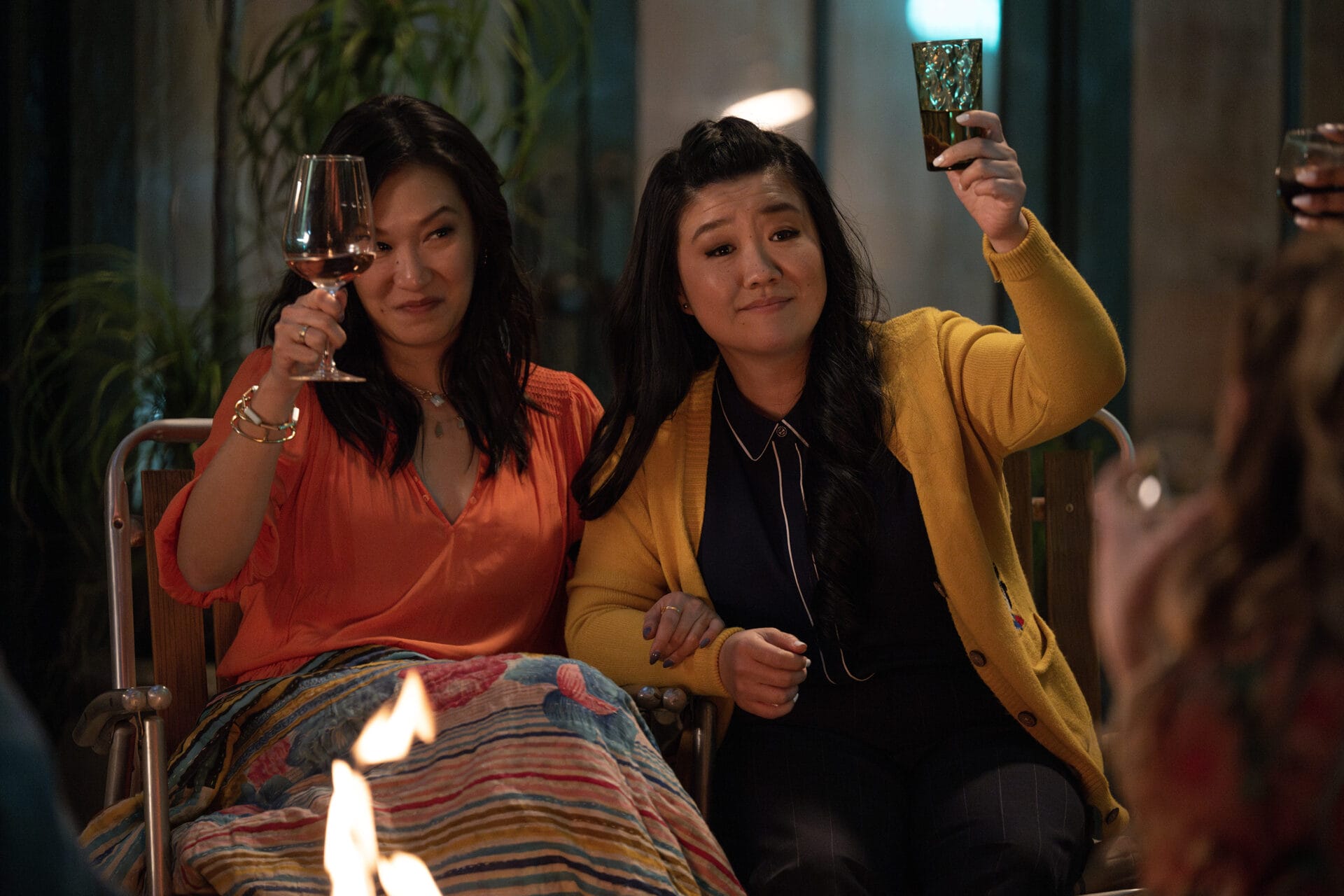Trending
- GLAAD’s Black Queer Creative Summit Returns to Los Angeles for a Powerful Second Year
- The GLAAD Wrap: ‘Kiss of the Spider Woman’ ‘After the Hunt’ and ‘Fairyland’ in theaters, trailers for ‘I Love LA’ ‘All’s Fair,’ and more!
- RECAP: Supreme Court to Rule on Protections Against Discredited and Unsafe Conversion “Therapy” Practices on LGBTQ Youth
- We All Could Use Some Queer Joy! Be a Part of The Skin Deep + GLAAD’s New Collab
- Facts and Action for Banned Books Week
- Write It Out! Launches Annual Campaign to Uplift People Living with HIV Through Playwriting
- GLAAD Gaming Announces New Queer Emerging Developers Program
- Finding Yourself Begins With Celebrating Others’ Differences













